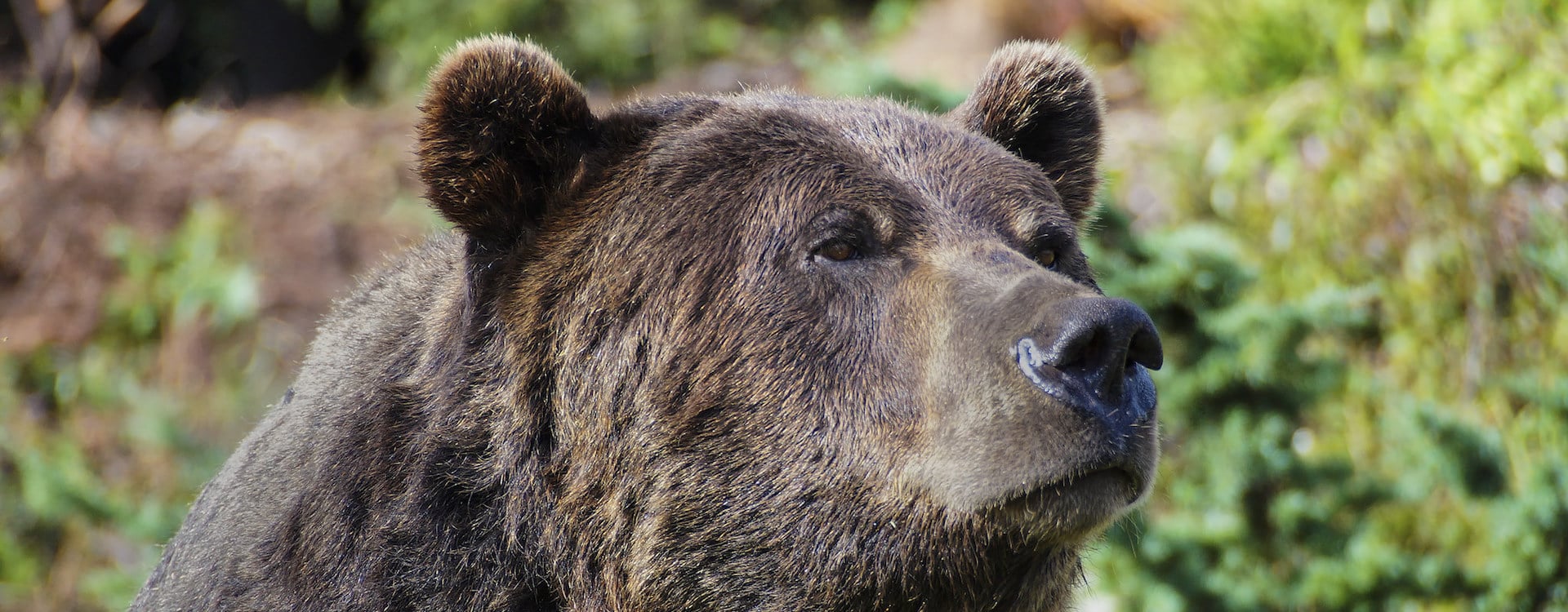On October 24, 2017 the Auditor General of British Columbia released a report about the impacts of human development on grizzly bears under the guidance of the Ministries of Forests, Lands, Natural Resource Operations and Rural Development and Environment.
Unsurprisingly, it detailed a patchwork of programs and promises that are poorly executed, rarely evaluated, and prioritize the interests of unsustainable development. Some grizzly populations are extirpated, others are in decline, and some are increasing – in spite of the government’s policies, not because of them, the Auditor General’s report clarifies.
Increasingly, I am looking at species with uncertain futures – the grizzly, caribou, orcas, chinook salmon, steelhead – as examples of the consequences of these poor management practices.
They are highly visible species and indicators of how well their ecosystems are doing. When they falter, we need to take it seriously.
Orcas are struggling to find food and quiet in the Salish Sea. The Thompson River steelhead, a world renowned genetically unique species, are facing extirpation. British Columbia is one of the last grizzly strongholds.
These animals are powerful symbols of our home. In their absence, we have no right to call this place super, or natural.
With just 1.4 million sockeye returning to the Fraser this year, alarm bells are ringing, not just for them or the rest of the complex web they exist in, but for all of us.
It does not have to be this way. These trends are not natural, nor are they inevitable. They have been triggered by a series of choices our governments have made. In a new generation of leadership, we can choose to renew our relationship with the ecosystems that sustain our lives so fully.
We have a new political landscape and the BC Green Caucus is going to shift its efforts accordingly. Going forward, as part of my role as opposition spokesperson for the Ministry of Forests, Lands, Natural Resource Operations and Rural Development, I will be our office lead on the grizzly bear file.
And while it is easy to say we must end the grizzly trophy hunt, that alone is not enough. If we fail to also consider their habitat and food supply – especially with climate change further threatening essential salmon and huckleberry stocks – road kill rates, or poaching incidents, we will fail to protect grizzlies in the long term.
I will target the unnecessary slaughter of grizzlies. But I will not allow that to be our sole focus while we perpetuate the slow, methodical extirpation of native species in BC.
Grizzly bears, salmon, orcas, caribou will need resilient ecosystems to thrive into the future. As will we. Let’s start working towards that now.
Photo attribution: “Grizzly” by “Michael Whyte” is licensed under “CC BY 2.0“


0 Comments